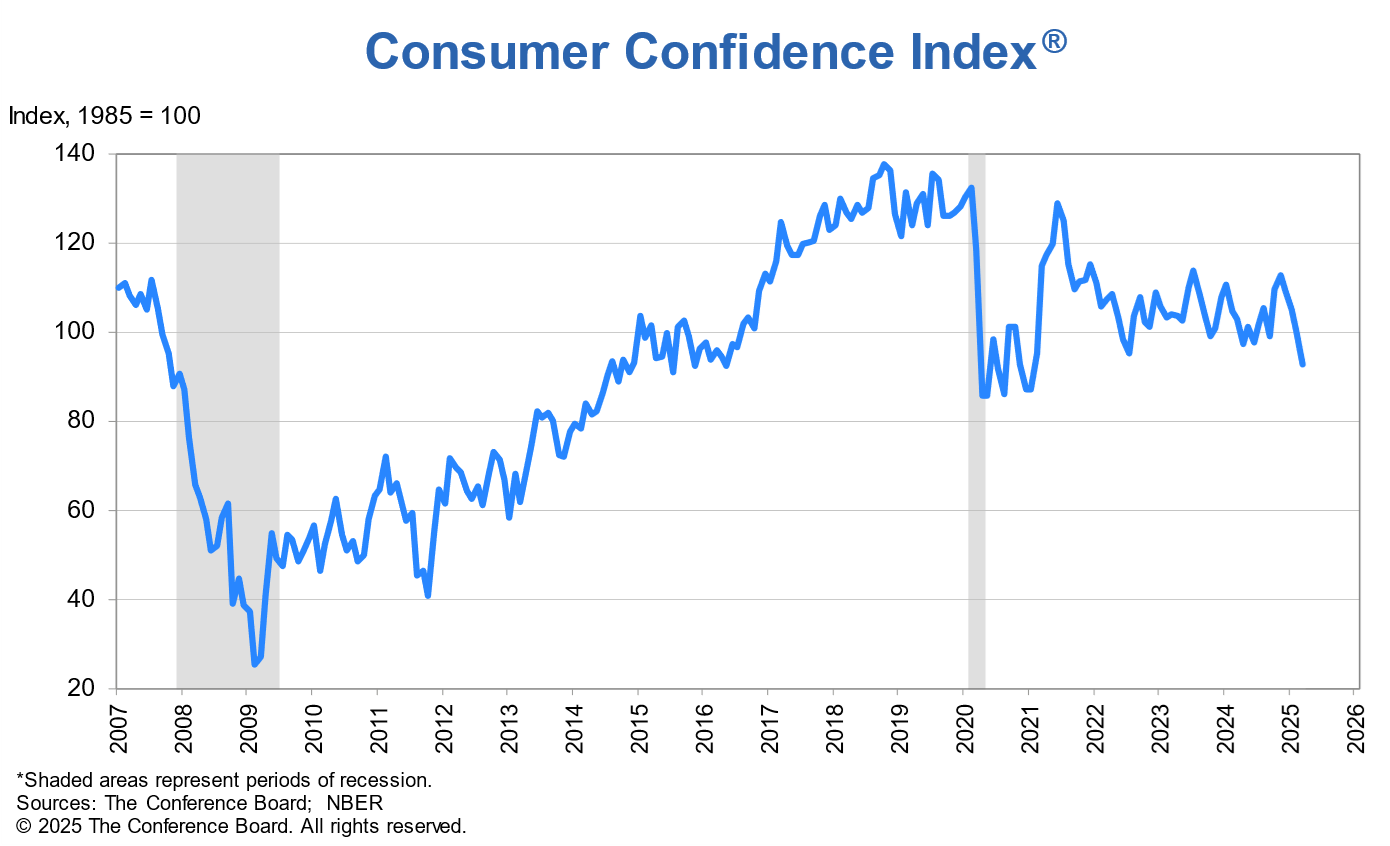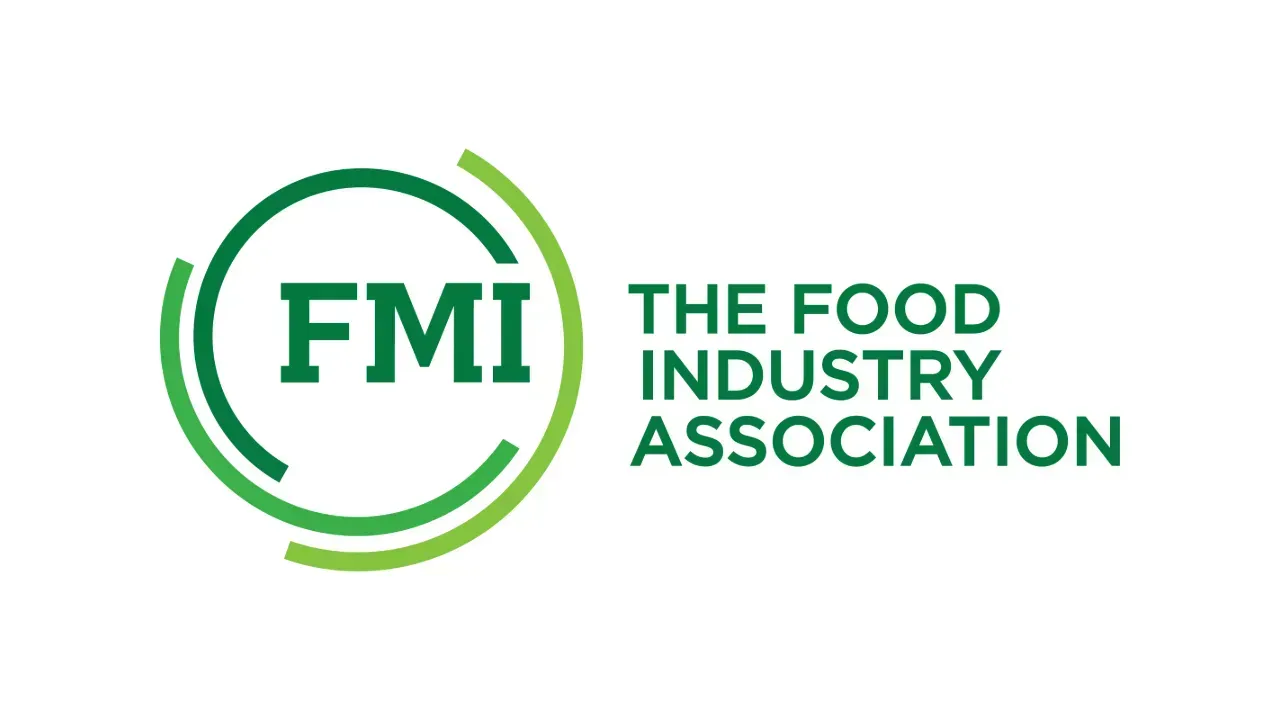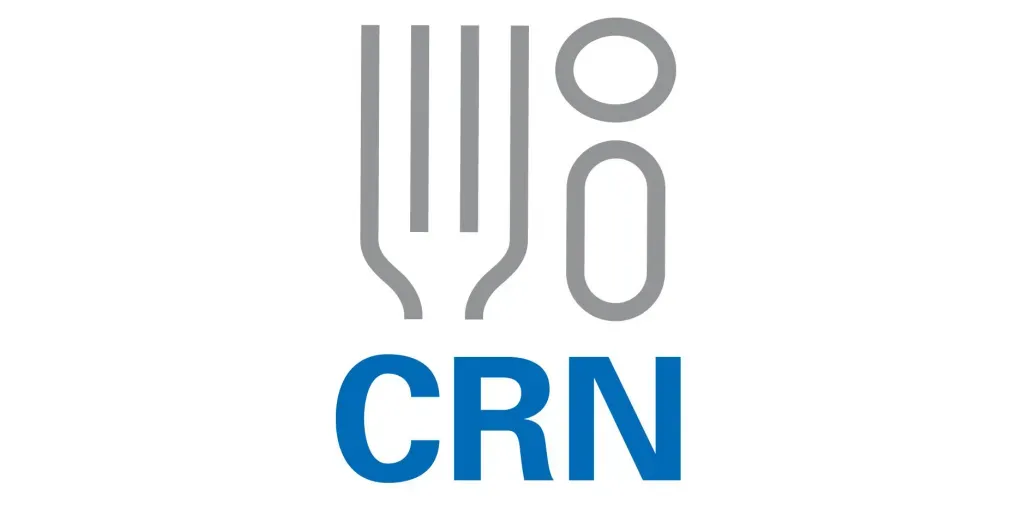WASHINGTON – U.S. consumer confidence fell to the lowest level in more than four years in March, with households fearing a recession is looming and higher inflation caused by tariffs.
The Conference Board Consumer Confidence Index fell by 7.2 points in March to 92.9. The Present Situation Index—based on consumers’ assessment of current business and labor market conditions—decreased 3.6 points to 134.5. The Expectations Index—based on consumers’ short-term outlook for income, business, and labor market conditions—dropped 9.6 points to 65.2, the lowest level in 12 years and well below the threshold of 80 that usually signals a recession ahead. The cutoff date for preliminary results was March 19, 2025.
“Consumer confidence declined for a fourth consecutive month in March, falling below the relatively narrow range that had prevailed since 2022,” said Stephanie Guichard, senior economist, Global Indicators at The Conference Board. “Of the Index’s five components, only consumers’ assessment of present labor market conditions improved, albeit slightly. Views of current business conditions weakened to close to neutral. Consumers’ expectations were especially gloomy, with pessimism about future business conditions deepening and confidence about future employment prospects falling to a 12-year low. Meanwhile, consumers’ optimism about future income—which had held up quite strongly in the past few months—largely vanished, suggesting worries about the economy and labor market have started to spread into consumers’ assessments of their personal situations.”
March’s fall in confidence was driven by consumers over 55 years old and, to a lesser extent, those between 35 and 55 years old. By contrast, confidence rose slightly among consumers under 35, as an uptick in their assessments of the present situation more than offset gloomier expectations. The decline was also broad-based across income groups, with the only exception being households earning more than $125,000 a year.

Guichard added: “Likely in response to recent market volatility, consumers turned negative about the stock market for the first time since the end of 2023. In March, only 37.4% expected stock prices to rise over the year ahead—down nearly 10 percentage points from February and 20 percentage points from the high reached in November 2024. On the flip side, 44.5% expected stock prices to decline (up 11 ppts from February and over 22 ppts more than November 2024). Meanwhile, average 12-month inflation expectations rose again—from 5.8% in February to 6.2% in March—as consumers remained concerned about high prices for key household staples like eggs and the impact of tariffs.”
Inflation concerns still remain on the minds of many. Consumers’ 12-month inflation expectations climbed from 5.8% in February to 6.2% in March, with high prices for essential goods like food continuing to weigh on household budgets. The share of consumers expecting higher interest rates also grew, reaching 54.6%, further dampening optimism about economic conditions.
Consumers are increasingly citing economic and policy uncertainty in their assessments of the financial landscape. Comments about the federal administration’s policies—both positive and negative—featured prominently in survey responses. In addition, concerns over the impact of tariffs and trade policies on household expenses appear to be rising.
Consumers’ expectations for business conditions and job availability have also worsened significantly. The proportion of consumers anticipating a recession over the next 12 months remains at a nine-month high.
The monthly Consumer Confidence Survey, based on an online sample, is conducted for The Conference Board by Toluna, a technology company that delivers real-time consumer insights and market research through its innovative technology, expertise, and panel of over 36 million consumers.









